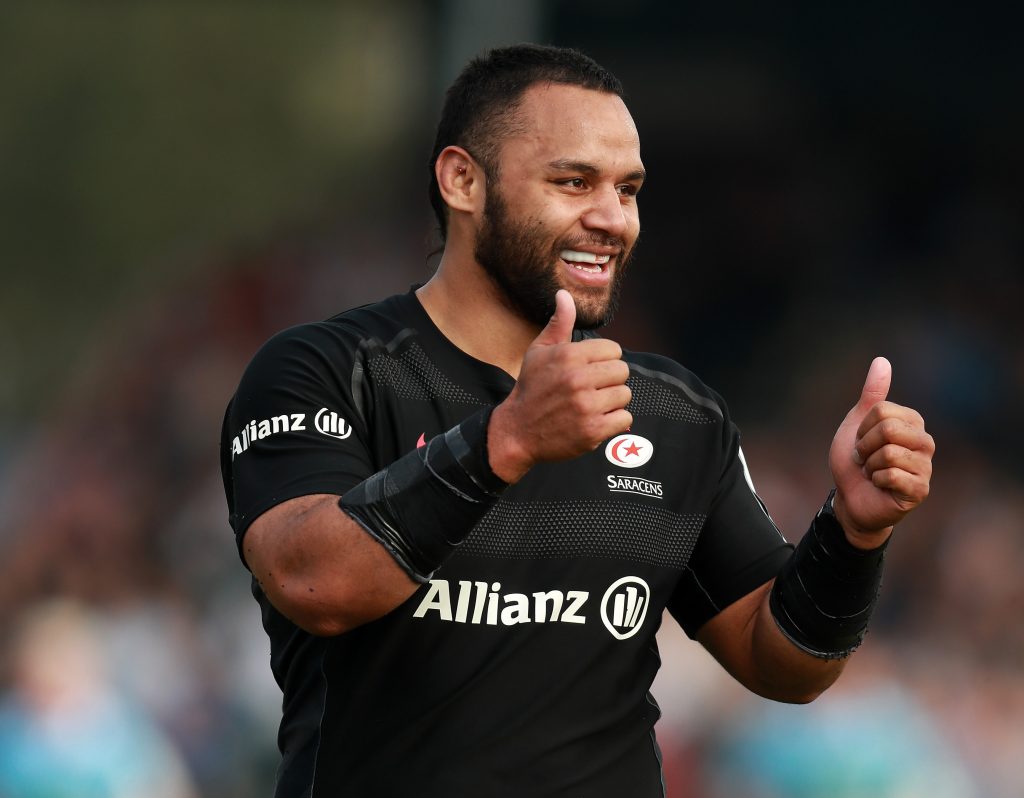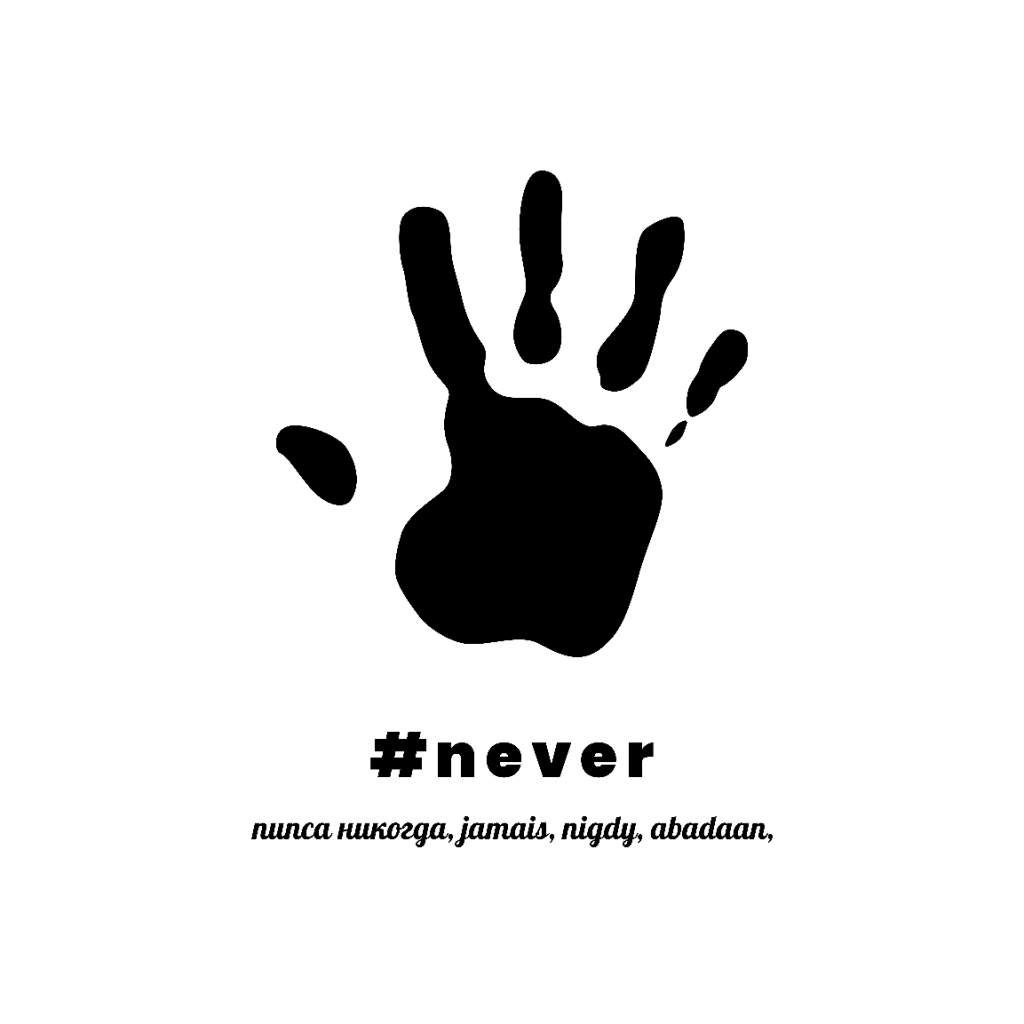
The ease at which global sporting icons can comment on the important issues of today has been transcended by social media. Twitter and Instagram, in particular mean that any utterances, however well-conceived or otherwise can be made in real time and reach a global audience of millions. Clubs, governing and regulatory bodies are only too well aware of this and have instigated strict codes of conduct for their players, but what more can be done?
At present Israel Folau remains stood down over his latest social media post proclaiming hell awaits “drunks, homosexuals, adulterers, liars, fornicators, thieves, atheists and idolaters”.
“Everybody has the right – and we respect that right – to believe whatever they like, we’re not moral judgers and no one should be,” said the Australian coach, Michael Chieka.
He conceded, however, that “Folau had crossed a line which was marked when the religiously-motivated player made similar tweets a year ago. “Getting out in that disrespectful manner publicly is not what our team’s about,” Cheika said on Monday. “When you play in the gold jersey, we represent everyone in Australia – everyone. Everyone that’s out there supporting us. We don’t pick and choose.”
The RFU and Saracens has been confronted by a similar problem and has had to deal with Billy Vunipola, subsequent to his support of Folau.
Vunipola, the England and Saracens No 8, liked Folau’s post, saying “there comes a point where you insult what I grew up believing in that you just say enough is enough. What he [Folau] is saying is not that he doesn’t like or love those people. He’s saying how we live our lives needs to be closer to how God intended them to be.”
Vunipola received support from some fellow players and criticism from others. He was booed when he came off the bench for Saracens at Bristol on Saturday and has since met officials from the Premiership champions. “We recognise the complexity of different belief systems and understand Billy’s intention was to express the word of God rather than cause offence,” said the club in a statement on Monday.
Vunipola said his intention was to express his belief in the word of God. “It was never to cause suffering. I can see that my post has hurt people. This is deeply personal and does not represent the views of my team. My Christian faith has sustained me through the ups and many downs of my life.”
The club went on to say “However, he made a serious error of judgment in publicly sharing his opinion, which is inconsistent with the values of the club and contravenes his contractual obligations. The player has been formally warned about his future conduct.”
These turn of events throw up a number of very serious issues, not least; freedom of speech, the complexity of different religious beliefs and the power and penetration of social media.
We at DVC Consultants, don’t believe we have all the answers for dealing with these issues but we have designed a programme and campaign which begins to tackle discrimination, and promotes education in addressing this.
As transformative consultants, at DVC, we have worked with governments and corporates to tackle Islamophobia, terrorism and racism and we believe that education is key – the pollination of knowledge sharing through well-orchestrated thought leadership programmes.
Thought leadership programmes which promote the stars of sport who represent different cultures and religions. Global sport enjoys a plethora of articulate and intelligent men and women who need to be given a co-ordinated and structured platform to get their message across.
We have therefore launched a new initiative #NEVER to campaign on these issues. We are building a campaign to put global sports stars at the forefront of educating and articulating that discrimination in the form of homophobia, anti-Semitism, racism and islamophobia is NEVER OK.

The campaign slogan has been translated into multiple languages, and it tackles the issues head on through a hard- hitting series of ads which address each issue individually. The campaign is both emotive and educational, and does not shy away from taking on the abuse head on. Criticism has been levelled at previous campaigns in the past, that they fail to expose the full extent of the problem.
The campaign is fully inclusive and needs to embraced by the different sports governing bodies including FIFA, UEFA, FA, RFU, FIA, LTA, and ECCB. We are currently building consensus and support with these bodies, as well as Football Premier League and Rugby Premiership Clubs.
It needs co-ordination and buy-in from government agencies so that the message can be disseminated both nationally and globally, and we are also building support from these stakeholders. It utilises both traditional and social media. The campaign will also be cascaded through schools and universities. We have started to put together a pilot programme for this with two separate schools and a university.
How does this work ?
“Going social” with content gives it a better chance of being seen, but a more collaborative approach to understanding stakeholder issues and creating new Points of View before even creating any content greatly raises the chances that stakeholders will actually be interested. This is vital in building the debate in the unacceptability of racism.
Socializing every aspect of the Thought Leadership process requires a more fundamental shift than just reformatting content and creating a longer checklist of places to publish. It means a fundamental sea change in attitudes. You have to abandon the thought that you own all the good thinking yourself, that you shouldn’t publish anything until it provides all the answers, and that Thought Leadership is about you talking and stakeholders listening. It is not, social media is all about listening, sharing and collaborating. How effective could it be to have those interested
in the development of modern Islam in a collaborative approach with the likes of N’golo Kante and Mo Salah?
The reality is that a lot of great thinking and experience lies outside any one organisation. Stakeholders want to collaborate in developing new approaches and solutions, and the best way to demonstrate expertise is to ask the right questions and facilitate ongoing conversation. The virtuous circle of social media and Thought Leadership includes five main elements, demonstrated below:
- Stakeholder and market
insight: Tapping social media and networks to dig deeper (and often faster) into the issues your stakeholders and prospects really care about. You can access the many channels now available but can also build your own stakeholder communities to ensure a steady flow of insight. - Collaborative POV: Don’t rely on a single expert or an internal team. Work with all stakeholders to craft a more relevant and compelling POV to underpin Thought Leadership content. Sports personality interviews, fan roundtables, external working groups, academic and think tank partnerships can all be part of the thinking process, not simply vehicles to disseminate finished products. Social tools make these collaborations far easier and more affordable to manage.
- The best routes to market: This is the area marketers are already digging into, and with good reason. If you’re NOT taking advantage of social tools and networks to disseminate your Thought Leadership content, you’re missing an enormous opportunity to reach key stakeholders where they are increasingly spending their time searching for new ideas.
- Viral leverage: Your stakeholders and prospects trust independent experts far more than organisation spokespeople, and gaining their support is far more likely to trigger social media sharing than anything you do directly. Identifying and reaching out constructively to the new influencers in your markets (bloggers, analysts, community managers, etc.) is now essential to Thought Leadership success.
- Conversation and community: The old broadcast mode of Thought Leadership assumed a straight line from publication to customer inquiry to sales presentation. In a few cases of rare brilliance, this may even have occurred. In our vastly more networked world, stakeholders want to consider, analyse and debate your ideas at length — and often without you even being present. Inspiring, facilitating, and participating in the conversation is the right goal for Thought Leadership marketing, and using social platforms and communities is the best way to make this possible. It is also the best way to gain deep and ongoing stakeholder and market insight, which keeps the whole circle going.
Our Senior Management team has been at the forefront of developing global Thought Leadership plans for both governments and corporates for the last 25 years.If you would like further details of the #NEVER CAMPAIGN or would like to support it please contact meg@dvcconsultants.com
Quentin Anderson and Dr Peter Davis are the Founders of the Transformative Consultant DVC Consultants.
For further information please contact Meg on +44 79 09 555 805
Thought Leadership- Cogitare
Cogitare-The Latin for “To Think, ” is the collective name for DVC Consultants thoughts, insights and perspectives on a broad and eclectic number of subjects. From Brexit to Global Poverty, Islamic Banking to Subsistence Agriculture, Disruptive Technologies to The World Bank. It reflects the wide range of sectors and issues we consult on. We hope you enjoy reading them.




0 Comments